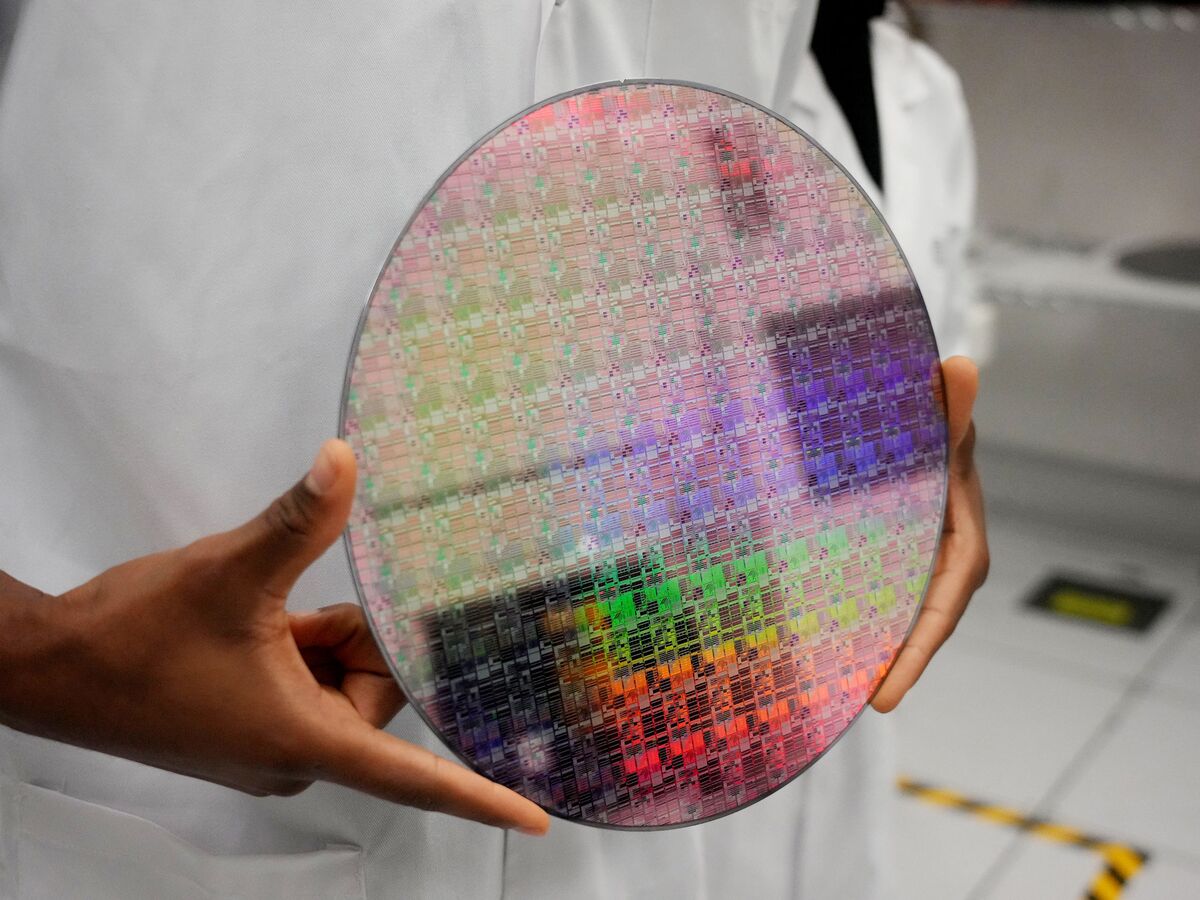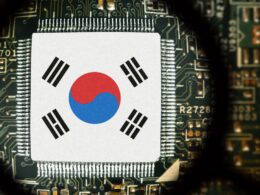China’s semiconductor industry, vulnerable amidst foreign sanctions, necessitates additional financial aid to achieve import substitution. Consequently, the Chinese authorities will establish the largest dedicated fund in the country’s history, allocating more than $27 billion to support the national semiconductor sector.
The National Integrated Circuit Industry Investment Fund
According to Bloomberg, the National Integrated Circuit Industry Investment Fund will be replenished with funds from various regional governments in China as well as state-owned companies, with China’s Ministry of Science and Technology managing the fund’s distribution.
This initiative is set to be the third phase of capital accumulation by the government to stimulate the development of innovative economic sectors. The first phase of the so-called “Big Fund” raised about $45 billion in 2014, targeting support for contract chip manufacturer SMIC and flash memory producer YMTC. By 2023, SMIC was able to supply 7-nm chips for Huawei, and YMTC was favorably compared to global leaders in terms of technological development.
The “Big Fund’s” Progression
The second phase of the Big Fund, initiated in 2019, allowed the industry fund to obtain shares in the capital of 48 Chinese companies associated with chip manufacturing or design, attracting approximately $27 billion in investments. The forthcoming Big Fund III aims to exceed this sum, predominantly funded by local governments and state-owned companies. A minimal amount will be contributed by the central Chinese government. This funding scheme aligns better with the concept of national mobilization of resources for achieving China’s technological sovereignty.
Contributions from Municipal Capacities and State-owned Sectors
Municipal authorities in Shanghai and other major Chinese cities, along with several state corporations, have already made significant contributions to this fund. The fundraising will proceed in three or four phases overall, aiming to directly support local companies in different areas of China.





